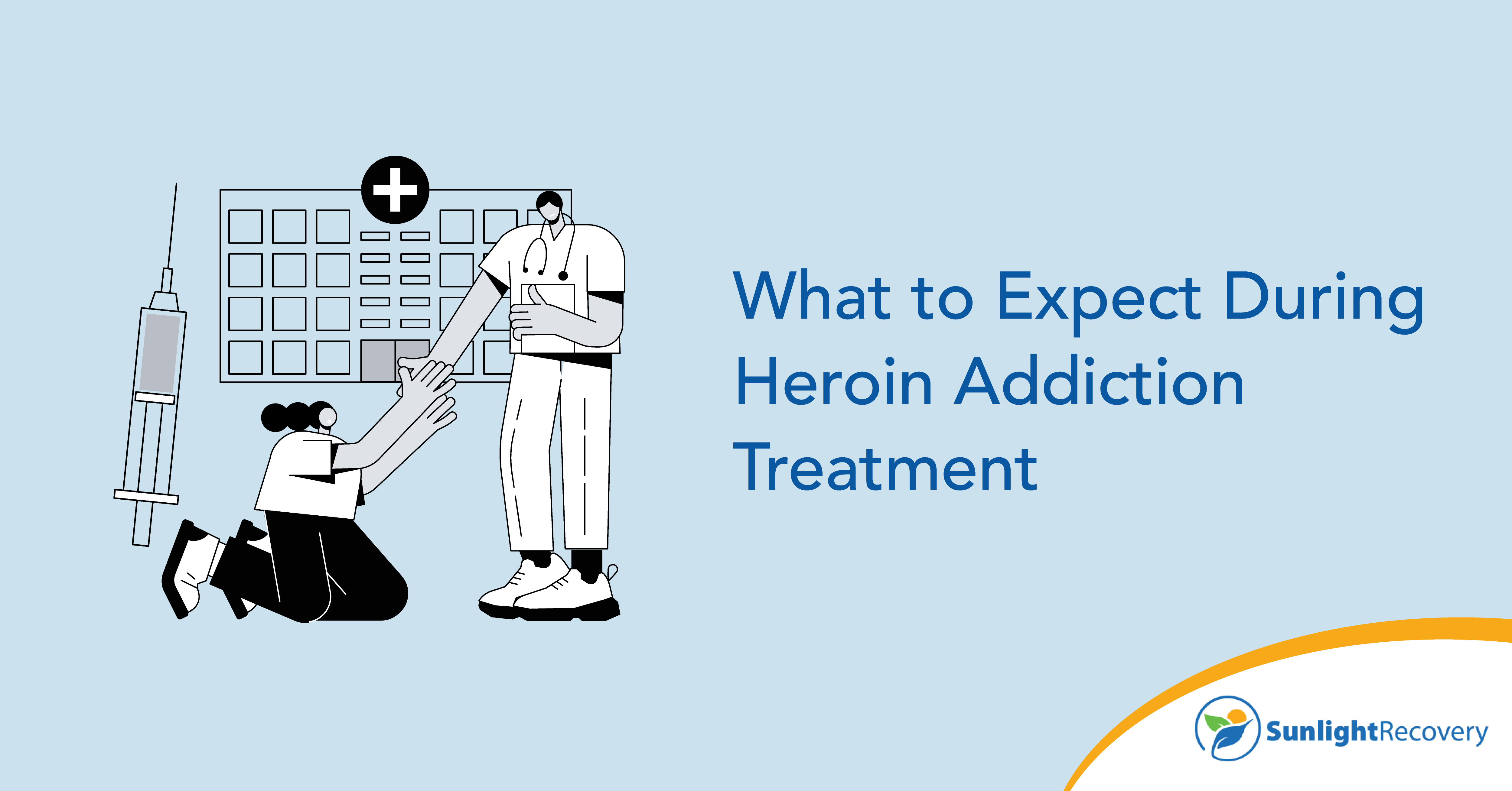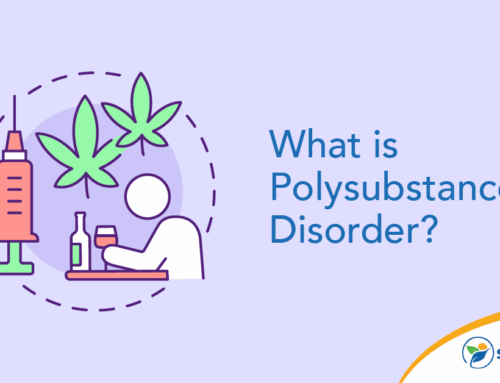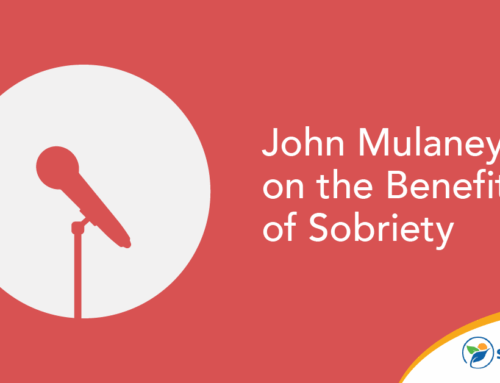Heroin use is a critical public health issue that affects individuals, families and communities nationwide. According to the Substance Abuse and Mental Health Services Administration (SAMHSA), approximately 660,000 Americans used heroin in 2023, with many more relying on other opioids. These numbers go up and down, but never by very much, leaving a trail of addiction and other health problems in their wake, along with hundreds of thousands of people who need professional heroin addiction support.
Heroin addiction is a complex and deeply challenging condition, and taking the first step toward recovery can feel overwhelming. Acknowledging the difficulty of seeking help is the first step to finding the resources you need and making it through the journey ahead. You might be wondering how the rehab process works and what you can expect as the process unfolds. This article offers insights into the heroin rehabilitation process, from the initial detox to the building of a lasting support system for lifelong sobriety.
Detox and Managing Withdrawal Symptoms
The first step in heroin addiction treatment is detoxification, where the body clears itself of the drug. This stage can be physically and emotionally challenging, as heroin withdrawal symptoms are often severe. Symptoms at this stage may include:
- Nausea
- Vomiting
- Muscle aches
- Anxiety
- Sweating
- Insomnia
- Intense cravings
Medical detox programs are set up to provide a safe environment for people to navigate this difficult early phase. These programs are often staffed by health care professionals who can monitor vital signs, manage pain and administer medications to alleviate withdrawal symptoms. Medications such as methadone, buprenorphine and naltrexone can be used to reduce cravings and withdrawal severity.
By addressing withdrawal symptoms in a controlled environment, people in the early stages of rehabilitation for heroin can focus on the next steps of their rehab without being overwhelmed by physical discomfort. Detox alone is not enough to achieve sobriety, but it is a starting point. With proper medical and emotional support, you can emerge from detox prepared to engage in the deeper work of overcoming heroin addiction.
Therapeutic Approaches for Long-Term Sobriety
Therapy has a role to play in most people’s heroin addiction treatment by providing the tools and strategies needed to maintain long-term sobriety. A variety of therapeutic approaches can be used alone or in combination to address the psychological and behavioral aspects of addiction.
Cognitive behavioral therapy (CBT) is one of the more commonly adopted approaches to therapeutic addiction support. The methods of CBT can help people identify and change negative thought patterns that contribute to substance use. By developing healthier coping mechanisms, people can reduce their risk of relapse. Dialectical behavior therapy (DBT) is another effective approach, focusing on emotional regulation and interpersonal skills.
Group therapy offers another layer of support by connecting individuals with peers who understand their experiences. Sharing stories, challenges and successes fosters a sense of community and reduces feelings of isolation. For some, medication-assisted treatment (MAT) can go a long way toward getting heroin addicts help that addresses their physiological needs. MAT combines FDA-approved medications with counseling to address both the physical and psychological aspects of addiction. This comprehensive approach can significantly improve treatment outcomes.
Therapy isn’t a one-size-fits-all solution. Individualized treatment plans should be tailored to each person’s unique needs to ensure the best chance of achieving lasting sobriety for everyone.
Addressing Underlying Mental Health Issues
Many people struggling with heroin addiction also face co-occurring mental health conditions, such as depression, anxiety and post-traumatic stress disorder (PTSD). These underlying issues often fuel substance use, creating a cycle that can be difficult to break. Effective heroin addiction treatment must address these mental health concerns alongside addiction. Dual-diagnosis treatment programs are designed to provide integrated care for both conditions, ensuring neither issue is overlooked.
Psychotherapy, including approaches like CBT and trauma-focused therapy, is particularly effective in addressing mental health challenges. These therapies help individuals process past experiences, manage symptoms and develop strategies for maintaining emotional well-being. Medication may also be used to stabilize mood or reduce symptoms of mental illness. For example, antidepressants or antianxiety medications can complement other treatments, creating a more balanced and supportive recovery experience.
Treating the whole person, rather than just the addiction, increases the likelihood of long-term success. By addressing mental health issues head-on, people in rehabilitation for heroin can build a stronger foundation for overcoming heroin addiction.
Building a Support System for Recovery
A strong support system is one of the most critical factors in achieving and maintaining sobriety. Addiction recovery is a challenging journey, and having a network of supportive people can make all the difference. Family and friends often play a vital role in the recovery process. However, it’s important for loved ones to educate themselves about addiction and how to provide constructive support. Family therapy can help repair relationships strained by substance use and create healthier dynamics moving forward.
Peer support groups, such as Narcotics Anonymous (NA) and other 12-step programs, offer a space to connect with others who understand the challenges of overcoming heroin addiction. Sharing experiences and receiving encouragement from those further along in their recovery journey can inspire hope and resilience.
Professional support is also helpful for many in recovery. Regular check-ins with therapists, counselors or case managers ensure accountability and provide guidance through the recovery process. Many treatment centers offer alumni programs to help individuals stay connected and engaged after completing formal treatment. With the right people by their side, people in recovery can confidently navigate the ups and downs of recovery. A robust support system like this fosters a sense of belonging and reduces the isolation often associated with addiction.
Get Professional Heroin Addiction Support
Recovery from heroin addiction is a challenging but achievable goal, and no one has to face it alone. With the right support system, therapeutic approaches and attention to mental health, even long-term users of heroin and opiates can overcome the obstacles in their path and build a healthier, more fulfilling life.
At Sunlight Recovery, we’re committed to providing compassionate, effective heroin addiction support. Our comprehensive programs address every aspect of recovery, from detox to long-term care, ensuring each individual receives the tools and resources they need to succeed. If you or a loved one is struggling with heroin addiction, don’t wait to seek help. Contact Sunlight Recovery today and take the first step toward a brighter future. Together, we can overcome the challenges of addiction and achieve lasting recovery.






